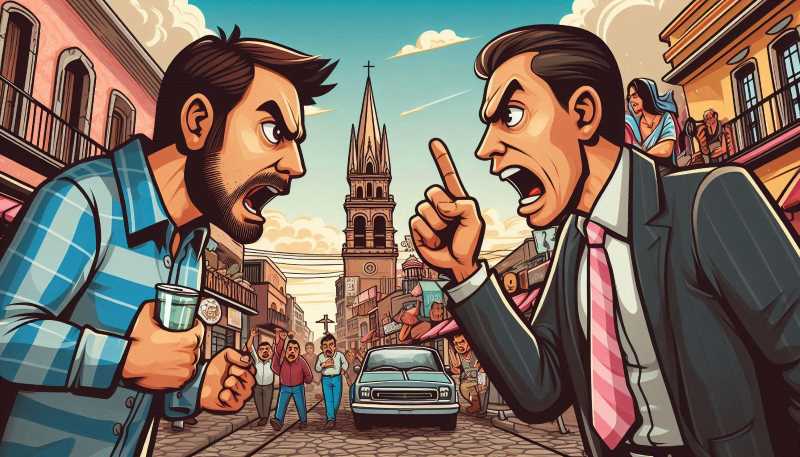This is the Rudest City in Mexico
The "rudest city" in Mexico: A myth or reality? Explore the cultural factors behind stereotypes and discover the truth about Mexican hospitality. Find out which city is rumored to have the sharpest tongues.

Mexico is known for its culture, hospitality, and spirited cities that dance to the rhythm of mariachis, serve up plates of exquisite tacos, and overflow with the charm of cobblestone streets and colonial architecture. From the colorful chaos of Mexico City to the serene beaches of Tulum, the nation exudes a sense of welcoming that draws millions of tourists each year. But, among these captivating locales, one city has controversially snagged the title of being the "rudest" in the country—a designation that has puzzled travelers and sparked debates among locals.
So, which city bears this dubious honor? If you're thinking it's Mexico City with its crowded streets and bustling vibe, think again. The city often labeled as the rudest in Mexico is Guadalajara, the capital of the state of Jalisco, the birthplace of tequila, mariachi music, and countless cultural treasures.




